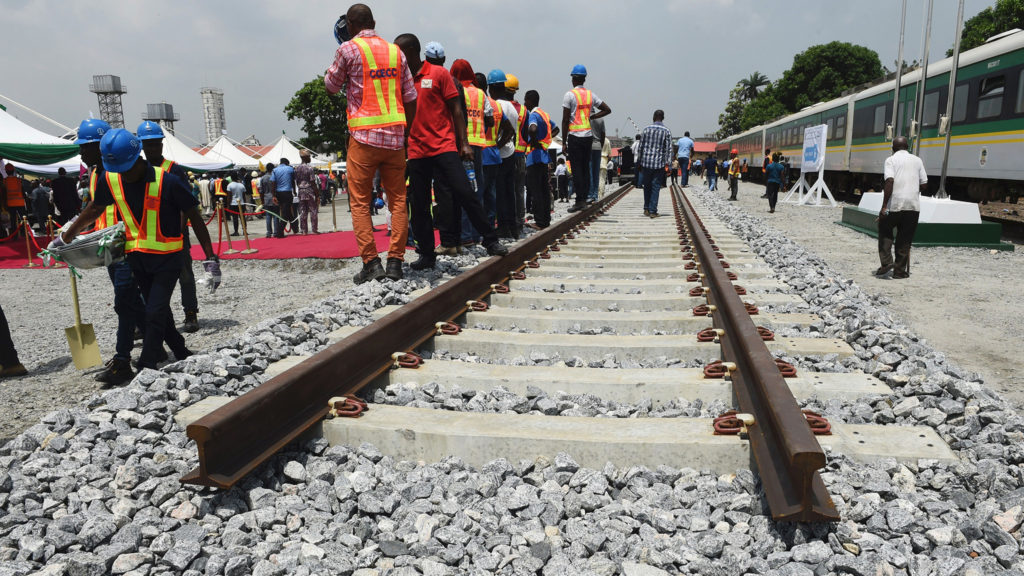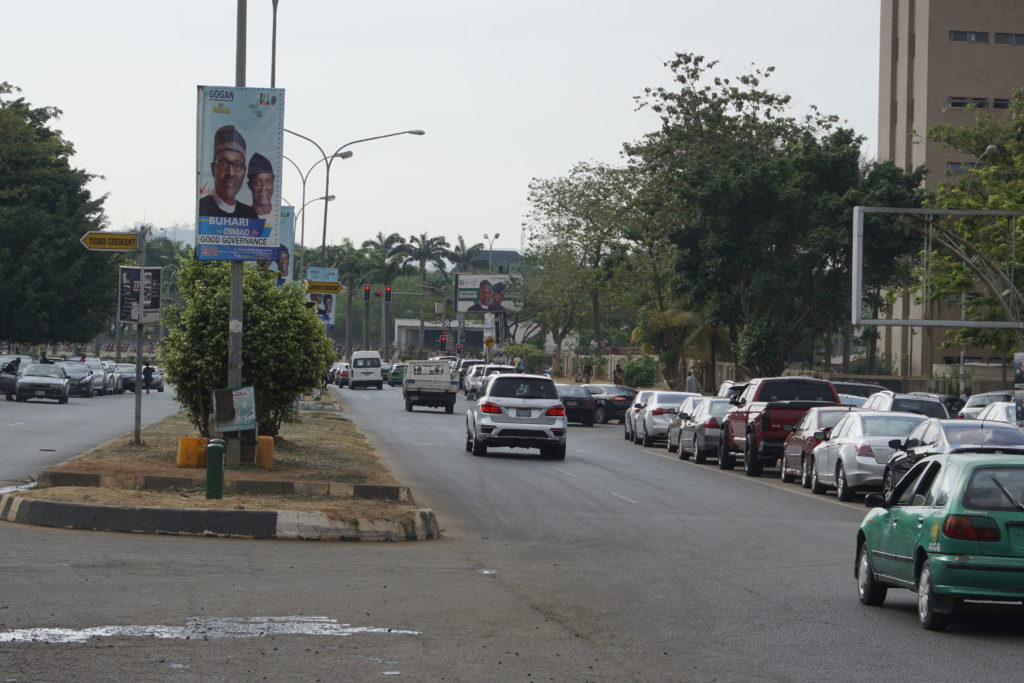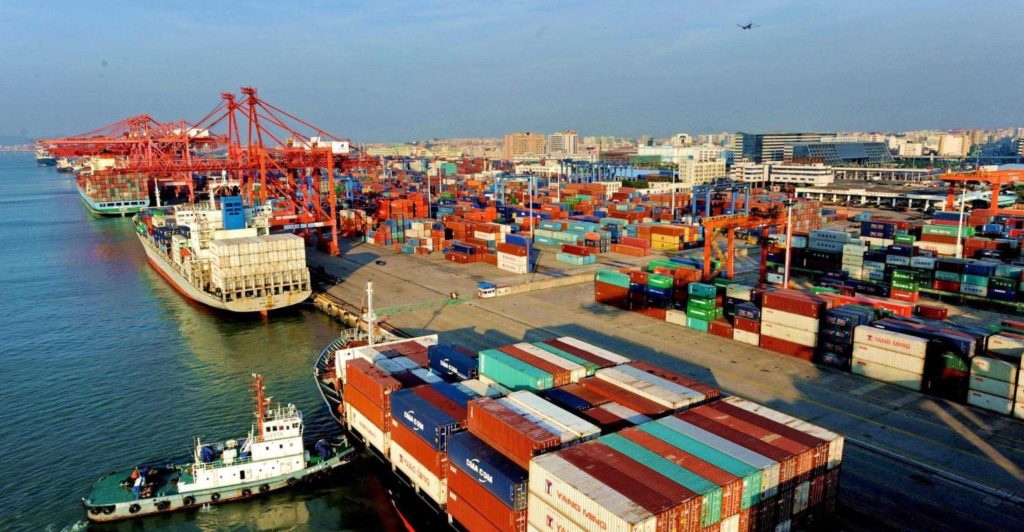Estimating the Economic Impact of Chinese BRI Investment in Africa
China’s investment in African infrastructure as part of its Belt and Road Initiative has proven to be both transformative and controversial. While investment projects are helping Africa to close its infrastructure gap, they have also raised fears of runaway debt levels. Overall, more research is needed on the development impact of Chinese investment activities on the continent, including the financial implications thereof. This report aims to address this knowledge gap. Drawing on diverse datasets, it examines Chinese infrastructure projects in three countries: Ethiopia, Kenya and Nigeria. A key result of the study is that while many of these projects are still under way, they are likely to have a positive impact in the future. In particular, they will boost trade and development in the commodities and services sectors. Nevertheless, the benefits of the Belt and Road Initiative will not be evenly distributed in Africa. Top commodity producers and exporters will continue to benefit more than some other African countries. Countries should take cognisance of and mitigate the downside risks associated with Chinese interventions in Africa, including growing their debt loads and minimising the negative effects on the environment.


 English
English
 Arab
Arab
 Deutsch
Deutsch
 Português
Português
 China
China




